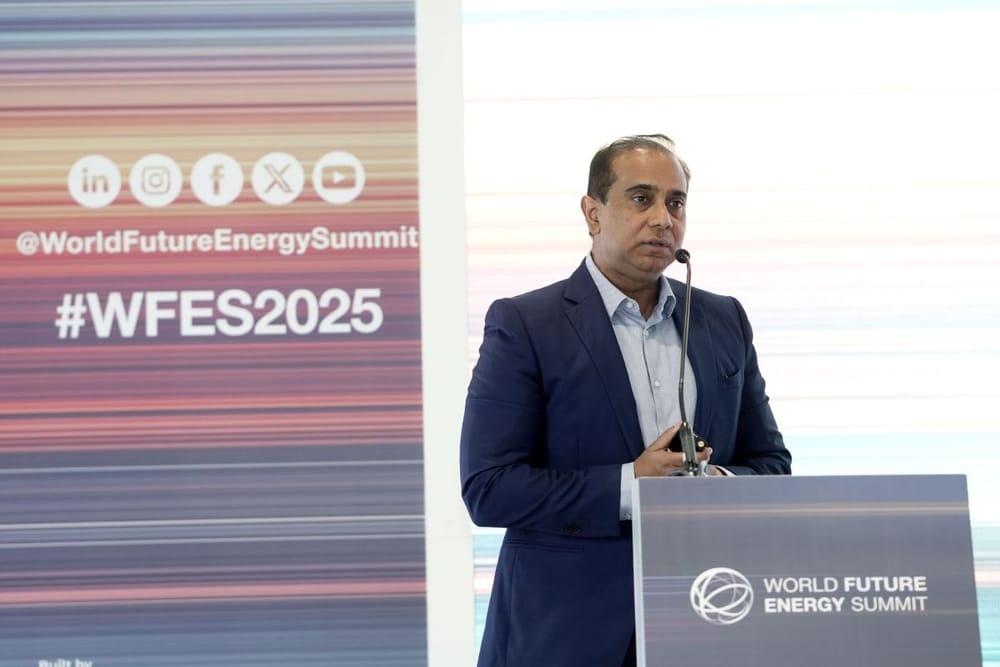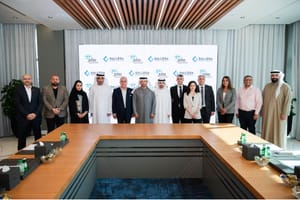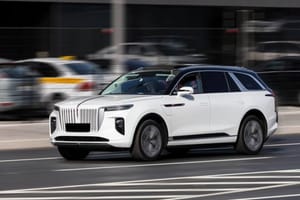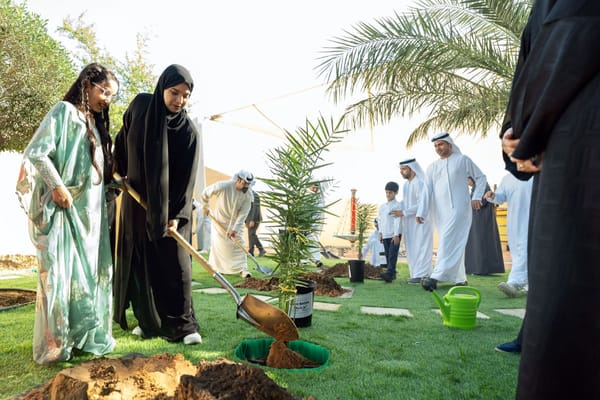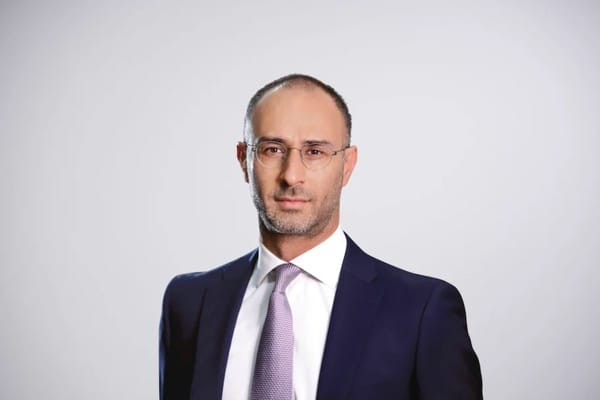The UAE continues to solidify its leadership in the regional solar energy sector, according to the newly launched "Solar Outlook Report 2025" by the Middle East Solar Industry Association (MESIA).
Released during the World Future Energy Summit 2025 in Abu Dhabi, the report highlights the rapid growth of solar energy in the Middle East and North Africa (MENA) region and the UAE’s pivotal role in this transformation.
Key initiatives such as the Dubai Clean Energy Strategy 2050, targeting 75% clean energy by 2050, and Abu Dhabi Vision 2030, aiming for 30% renewable energy within five years, underscore the UAE’s commitment to sustainability. Solar capacity in the MENA region grew by 23% in 2023 to 32 gigawatts (GW) peak and is projected to surpass 180 GW by 2030, driven by advancements in technology, robust government support, and private sector investments.
The report underscores innovative solutions like digital twins, automated cleaning systems, and advancements in energy storage, which have enhanced efficiency and reduced costs. Green hydrogen emerges as a promising sector, leveraging MENA’s abundant solar and wind resources, though challenges such as funding and infrastructure remain.
Efforts to localize solar manufacturing are gaining momentum, with countries like Morocco, Egypt, and Tunisia expanding their solar capacities to meet both local and global clean energy goals. MESIA President Fazle Moyeen Quazi emphasized the role of next-generation technologies in addressing grid stability and enhancing solar project resilience.
Leen AlSebai, Head of the World Future Energy Summit, highlighted the event’s significance in fostering collaboration among stakeholders, reinforcing MENA’s position as a leading solar energy hub. With innovative financing models and public-private partnerships, the region is poised to accelerate its clean energy transition.
News Source: Emirates News Agency
